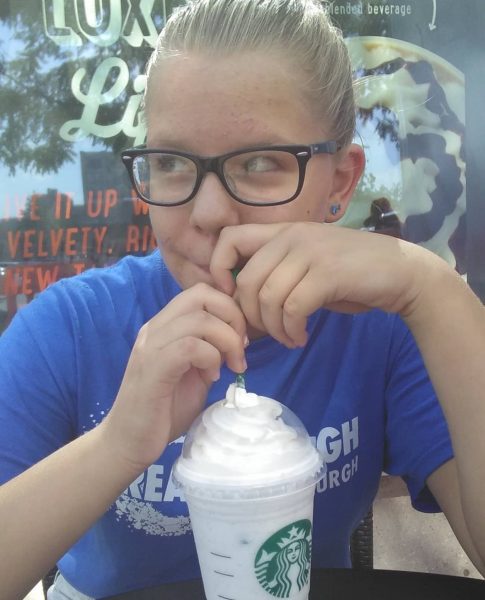Mass shootings are not black and white issues
Media portrayals of violence depend on the race of the perpetrator
Citizens of the United States have witnessed far too many mass shootings, especially in the past five years. Every time a shooting occurs, almost universally perpetrated by a white male, pundits and politicians steer the conversation toward the issue of mental health in America. But whenever an act of violence occurs within a black community, media and politicians focus more on the larger issue of violence.
Both inadequacies in mental health care and widespread violence are problems in the U.S., but the conversations that follow violent crimes often diverge based on the race of the perpetrator: crimes committed by whites are putatively a sign of mental illness in the perpetrator, rather than a sign of a more societal issue, whereas crimes committed by African-Americans are contextualized as issues of violence alone.
Christopher Harper-Mercer, who killed ten people, himself included, in Roseburg, Oregon, was described as withdrawn and quiet by the New York Times the day after the Umpqua Community College shooting. Regardless of how withdrawn Harper-Mercer may have been, “quiet” does not explain how or why a man would go into a college classroom and murder nine people before shooting himself.
Harper-Mercer’s presumed mental illnesses, which went undiagnosed, played a major role in his decision to commit such a horrific act. Mental illnesses undeniably are a large reason for mass murders. But to place the blame of mass shootings entirely on mental illness ignores other factors, such as the overwhelming amount of violence throughout society and access to guns.
When citizens in Baltimore, Maryland protested the death of Freddie Gray, an African American killed by police, media reported on the violent riots perpetrators committed after a week of no news coverage, rather than the demands they had made a week prior. Protestors were referred to as thugs, and an entire community was judged based on the actions of a few people.
There is no disputing that protesters should have handled the situation differently. Rather than destroying businesses and property, citizens of Baltimore may have been able to get news coverage had they continued to protest peacefully. But they did not.
Instances of media coverage of other mass murders and civil unrest committed by whites and blacks, respectively, follow the same idea: that crimes committed by whites are done by people who have mental illnesses, acting outside of the norm, but African Americans who commit crimes are simply acting the way others in their community do.
Discussions of aspects of violent crime couched in stereotypes of the race of the perpetrator stalls any progress that may otherwise be made. Mental illness is not a peculiarly white problem, and violence is not an exceptionally black issue. African Americans, while less likely to be diagnosed with mental illnesses than whites, are more likely to terminate care for mental health issues, less likely to receive therapy and usually receive lower-quality treatments. Suicides and mass shootings, both acts of violence, are more likely to be perpetrated by whites, according to the American Foundation for Suicide Prevention and CNN.
The way media cover crimes committed by different races in different ways shows a fundamental problem in U.S. citizens’ thoughts on race and crime. We should stop perpetuating these antiquated beliefs and look for the root causes of violence and crime, regardless of who commits it.



